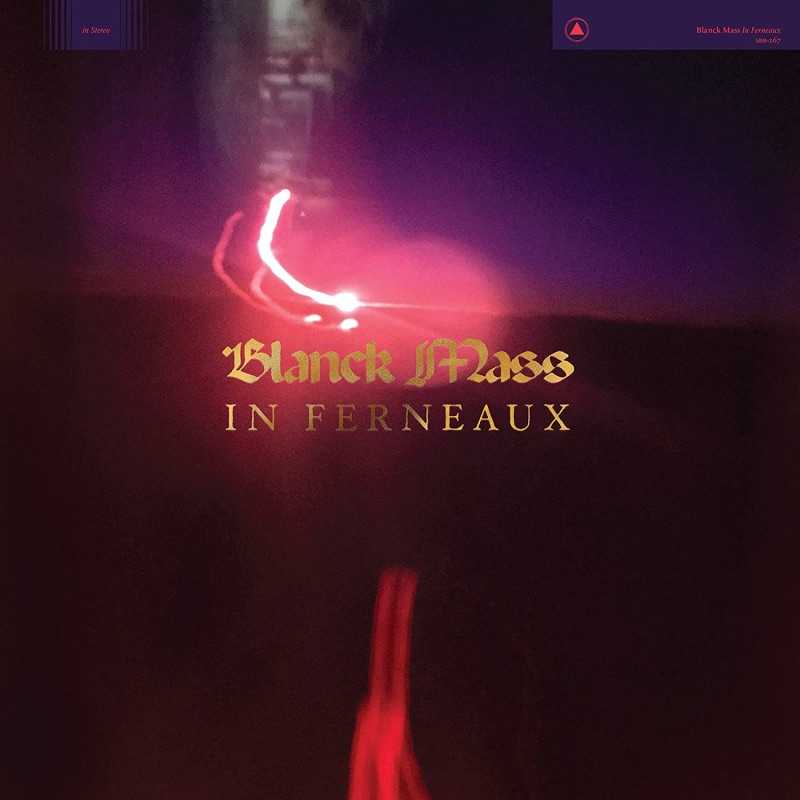
It will be truly fascinating to see, when this is all over, what the effects of isolation have been on listening habits around the world.
For many, in the halcyon days of free movement and open participation in society, music was aural wallpaper, an adjunct, something that came with something else which could be participated with on the most casual of bases.
Now, as years pass, sound is both a companion and travel agent, filling spaces which could otherwise have been desolate, helping us to be resolute, to escape, to channel emotion into external stimulus whilst the routine and protective cocoon around us attempts to fill with nothingness.
Just over 18 months ago, Benjamin John Power released Animated Violence, Mild; his sixth album as Blanck Mass and a direct attempt to skewer consumerism as the most deadly of human diseases.
Events have shown him only to be half right of course, but In Ferneaux is possibly one of the first true post-pandemic bodies of work, a project that examines how the psychological and emotional duress of being dispossessed from our former lives has begun to rewire our consciousness and thought processes.
In constructing it, Blanck Mass has relied not on conventional structures but instead assembled two lengthy compositions built from undulating waves of noise, atmospheric washes and a decade’s worth of found sounds.
The result is a series of deliberate and provocative juxtapositions, a cycling into darkness and light and then back again through the contours of the glass and steel that would now keep us from humanity.
In ancient twentieth century parlance, the two ‘sides’ follow a roughly similar pattern, Power as if leading an orchestra accentuating moods by shifts both profound and minimalist.
On Phase One, a glossy start eventually runs into the brick wall drone that exudes menace, forcing listeners to confront and acknowledge it, to live through the monotony in the hope that light will eventually shine through.
Relief does come as the journey flips from inside to out, the mind astrally projecting from some cosmic backwater light years in the past. Re-looping through the eye of some needle, the passage ends on Earth, a train rolling past in the night, the roar of nothingness deafens.
Phase II begins with searing white noise and continues with a scrabbled, rough conversation, as if to underline the yawning gap in face-to-face meaning replaced by the two dimensional falsehood of relationship-by-screen.
Briefly, this dissolves into paradisaic tones before that comfort too is scrambled by distortion, as if there’s no place to rest until the end is reached.
Power at one point loads in distorted, tribal scream patterns over industrial scree, droplets of noise flicked onto audio canvas like with Pollockian disregard for the mind’s ability to bear rational witness to the completed scene.
It finishes on a tract which offers some warmth and hope; this is the end of the path for now. With it comes the realisation of the last year’s truth without mercy, that our lives after all are immeasurably small specs of dust, and that the universe in knowing this treats us accordingly.
In Ferneaux is not a straightforward record in any sense, mapping the contours of a time when sensory stimulation has been required more than ever. Whether it offers a glimpse of how sounds will need to be recalibrated for the years to come remains to be seen; relief will drive a desire to forget.
But on it, Blanck Mass has given us a means of both confrontation and retreat, choices our grey matter may need to keep on making in the brave new world of whatever future we inhabit.



